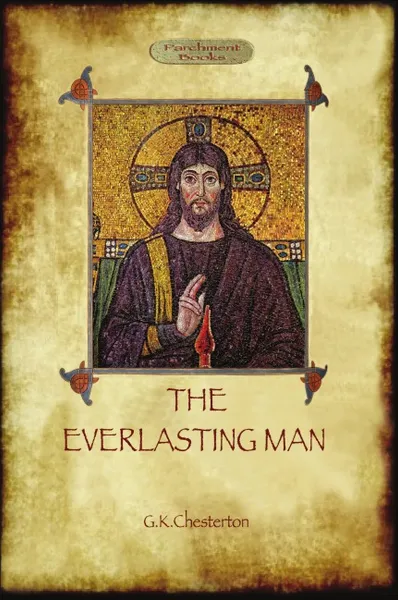The Everlasting Man 12+
📒 'The Everlasting Man' is one of G. K. Chesterton's most respected works, a witty, imaginative and sincere attempt to justify the life of Jesus as a pivotal moment in the history of human spirituality. Dividing the book into two parts, Chesterton looks first at early 'cave men' and the ensuing development of pagan civilization, claiming that such societies effectively separated myth and philosophy. By contrast, in the second part of the book he demonstrates that, following the Crucifixion, these tendencies were successfully combined in the Christian religion. The result is a must-read ideological defence of Christianity, a book described by C. S. Lewis as among the most influential he had ever encountered.
Мнения
